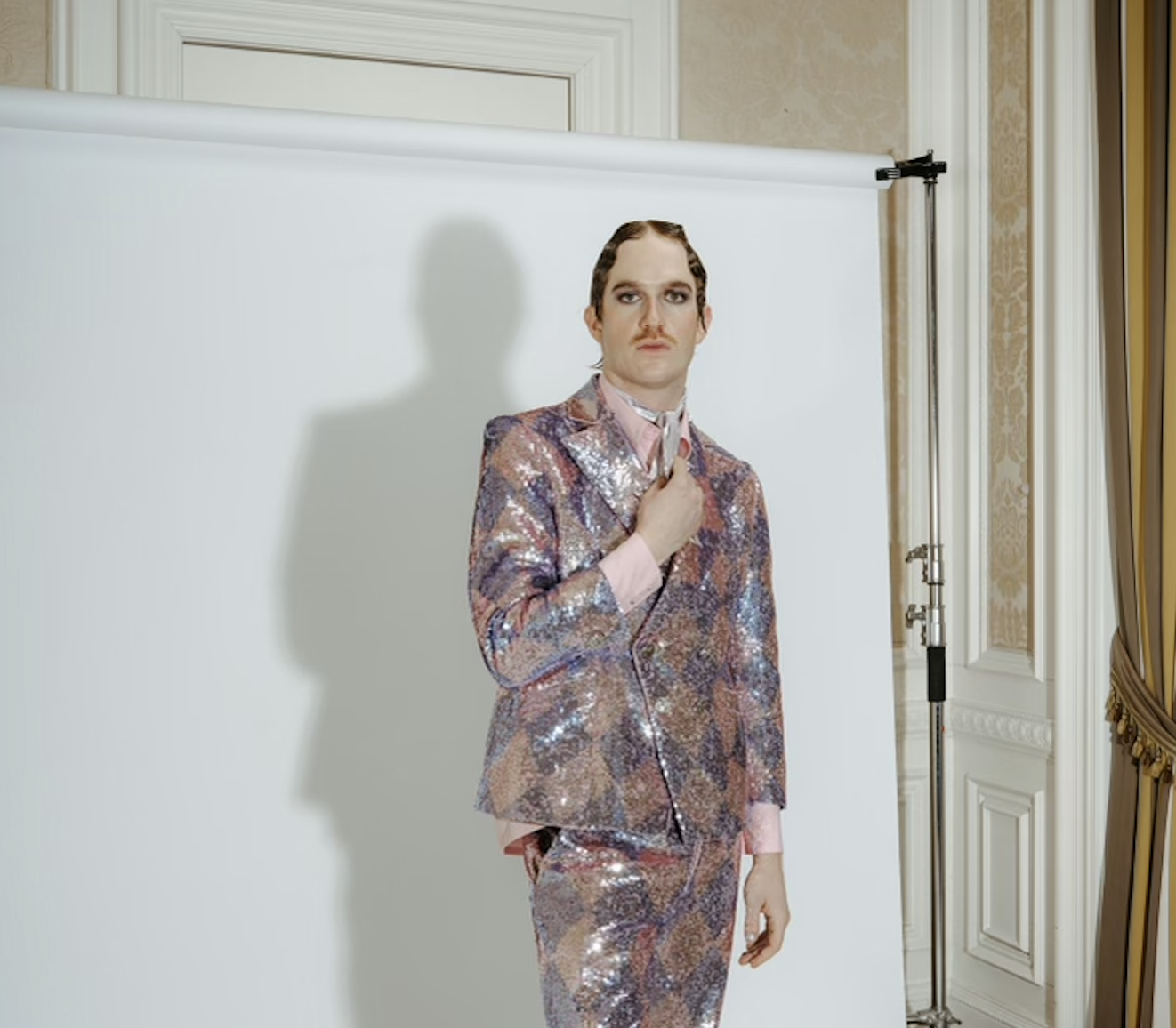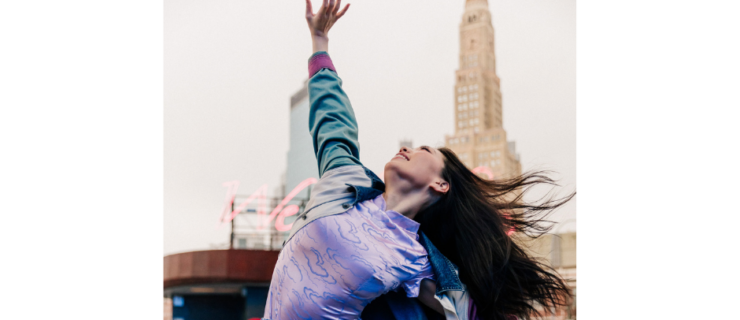Austin Goodwin Uses Humor to Tell It Like It Is
You caught us. We’re undeniably hooked on Austin Goodwin’s flair for hilarious honesty about the dance industry. In one of his wittiest Instagram videos, he asks his landlord if he can pay rent with “exposure,” since that’s the form of payment he often accepts from freelance jobs. “How many times have we heard ‘Look, there’s no money in this, but it’s going to be great exposure,’” he told Dance Magazine in a recent interview. “I mean, come on, no one’s going to watch this muffin commercial and want to book me for a Broadway show or a European tour. I need to pay my bills.”
We’ve all had those same hushed thoughts before, but this past year, Goodwin has brought them out into the open. Through short videos on his Instagram account—usually a close-up of him acting out two sides of an awkward conversation—he riffs on real-life dance situations and uses humor to offer relatable takes on auditions, creative processes and more. With a career spanning from Sleep No More to Broadway’s Fiddler on the Roof and Netflix’s Tick, Tick… Boom!, the Juilliard-trained dancer certainly knows the ins and outs of the industry. And thousands of likes, shares and comments later, the laughs he provides have sparked important conversations and united the community in a much deeper purpose.
What was your personal inspiration to make these videos?
I think we’re in such a strange, wonderful and sometimes kind of awful industry that people don’t really understand. And I thought a way to help people understand, and also to help other dancers connect about the personal things we hold on to, was to make everyone laugh at it.
But there’s a larger conversation happening too, and I think the pandemic has allowed dancers to sit back and really look at their experiences and see the way we’re often treated. A lot of us have had our jobs literally ripped away from us, and if we’re freelancers, we’re left with no protection. I don’t always want to be hypercritical of the dance industry because I’m obviously a part of that community and it’s a community I love and have great respect for. But I think we’ve had an opportunity to look at the systems that are not working. And to look at our experiences with choreographers, with schools, with bodies…to see the way we fit ourselves into this mold that really is not healthy in some ways. It can be a relief to feel like “Oh, my god. I’ve done that. I’ve been there. That’s happened to me or that’s happened to someone that I know.”
In your ideal world, what changes do you hope these videos could bring about?
I hope people can start asking for things that would allow someone who pursues dance as a career to really have a livelihood without holding multiple jobs at the same time. We want to be able to start families and buy homes and pay off our student loans. I hope to have more support from the government, from each other. I want dancers to not be afraid to ask for what they deserve. What they really deserve. I think we so often dismiss it all because we really want the job. But you can want the job and also ask for the things you deserve as a human being.
For example, I hope to have a dialogue about dancers generating material and recognizing the creative contributions that they’re not given credit for. How can companies look at that process and pay their dancers accordingly? And if those pieces are then remounted elsewhere, how can royalties be implemented? Even if it’s just a small royalty. It’s still the act of doing it that shows care and respect.
Whenever I watch your videos, I can’t help but wonder what else is going on in the room around you at that moment.
It’s usually just my partner, Paul, sitting in the kitchen, watching me go off on a tangent.
But sometimes he’s the cameraman, and we often have to start over because he’ll just laugh hysterically to the point where we both end up in fits, unable to move on.
But that must be so therapeutic for you!
Oh, that’s a huge part of why I do it. Some of the videos are based on things I’ve really been through, and being able to find humor in them has been fun but also incredibly healing.
So how can humor help us stay grounded during difficult times?
Right now it’s scary. It’s emotional. Everyone is carrying around a lot of anxiety. There’s political turmoil, environmental distress. And everyone is having their own personal awakening, whether they’re talking about it or not. In this pandemic, we’ve been forced to look at ourselves straight on, and I think humor allows us to do that and to unite with other people in the process. Everything is funny in some way. It helps. It keeps us in check. Humor brings empathy. And at the end of the day, if you can find a way to laugh at it, you can get through it.




